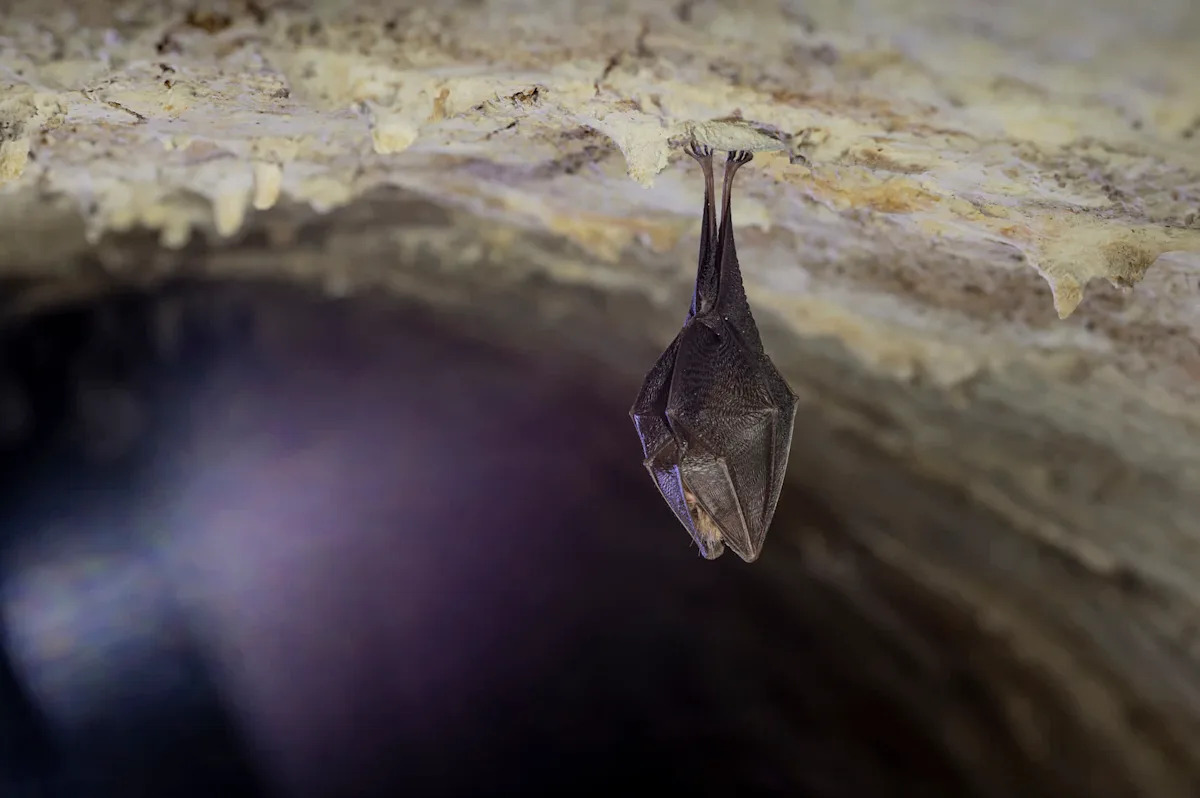Home / Environment / Daubenton's Bats Hibernate a Full Month Earlier as Winters Warm
Daubenton's Bats Hibernate a Full Month Earlier as Winters Warm
4 Nov
Summary
- Daubenton's bats now hibernate 4 weeks earlier than 13 years ago
- Bats not gaining enough fat to support longer hibernation period
- Natterer's bats adapting by shortening hibernation as winters become milder

As the nights grow longer across Europe, researchers have observed a concerning shift in the hibernation patterns of Daubenton's bats. According to a study conducted by scientists at the University of Greifswald, these bats are now entering hibernation up to four weeks earlier than they did 13 years ago.
The findings are particularly troubling because Daubenton's bats are not gaining additional fat reserves to support the extended hibernation period. This could make it increasingly difficult for the bats to survive the winter as seasonal patterns continue to change due to the effects of climate change.
In contrast, another bat species, Natterer's bats, is adapting in the expected direction by shortening its hibernation as winters become milder. "As temperatures are continuing to rise, the contrasting hibernation strategies could have a significant impact on the long-term survival of the species we studied," said study co-lead author Frauke Meier.
The timing shift is closely tied to food availability, as Daubenton's bats feed primarily on aquatic insects that now hatch earlier in the year due to rising water temperatures. By autumn, fewer insects remain, forcing the bats to enter hibernation sooner. Younger bats are particularly vulnerable, as they typically enter hibernation later than adults, further reducing their chances of survival.
Bats play a crucial role in both ecosystems and human life, controlling insect populations that threaten crops and spread disease. A decline in their numbers could have far-reaching consequences, underscoring the importance of conservation efforts to protect these essential creatures.




